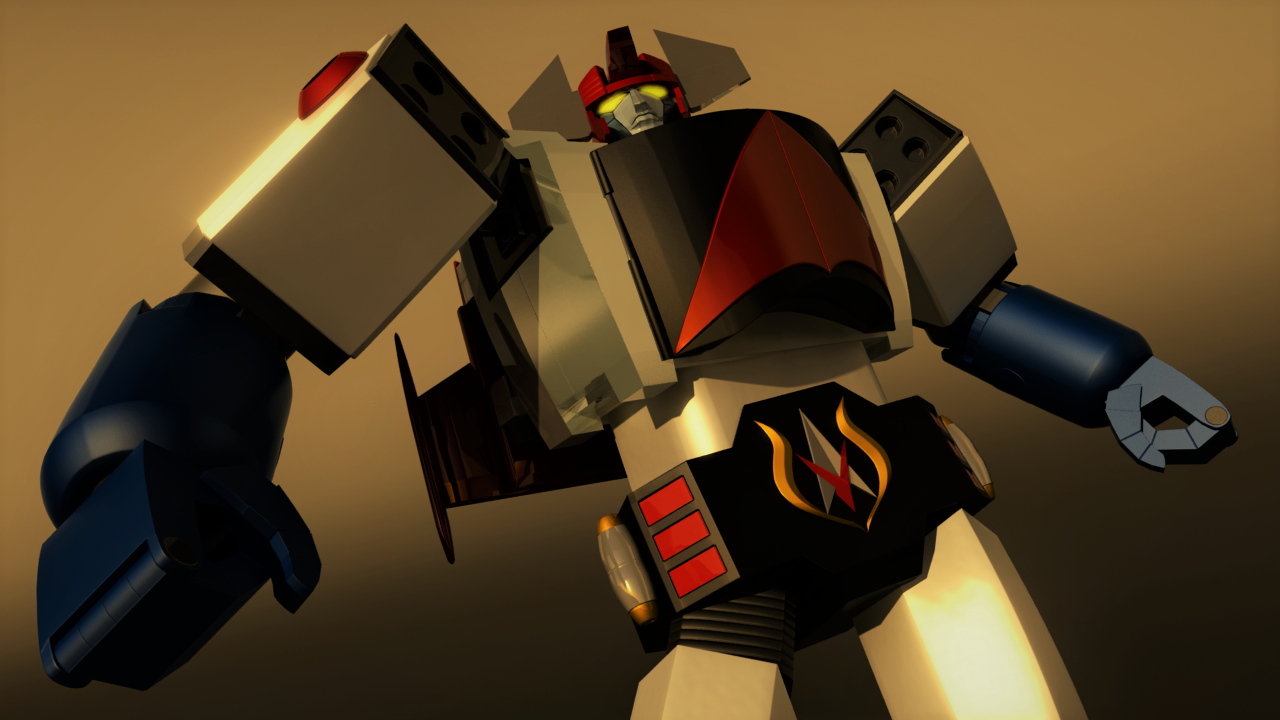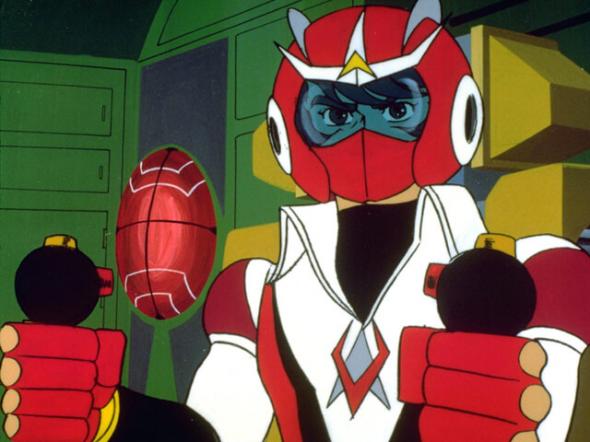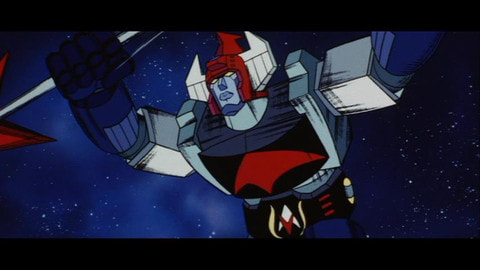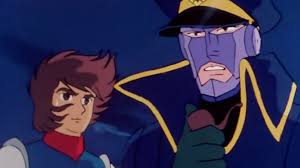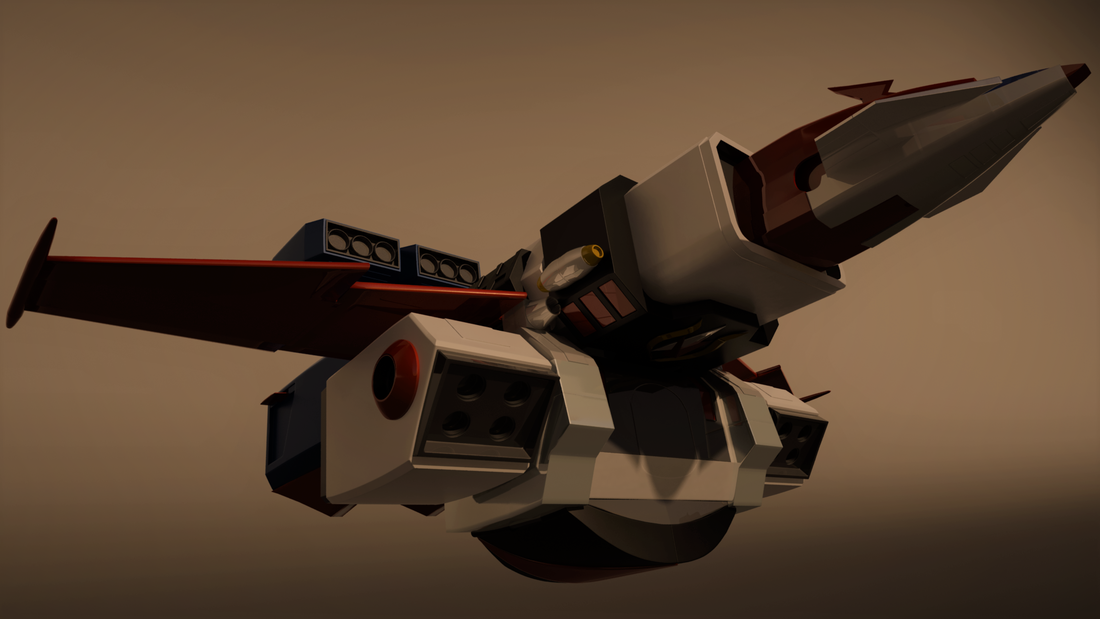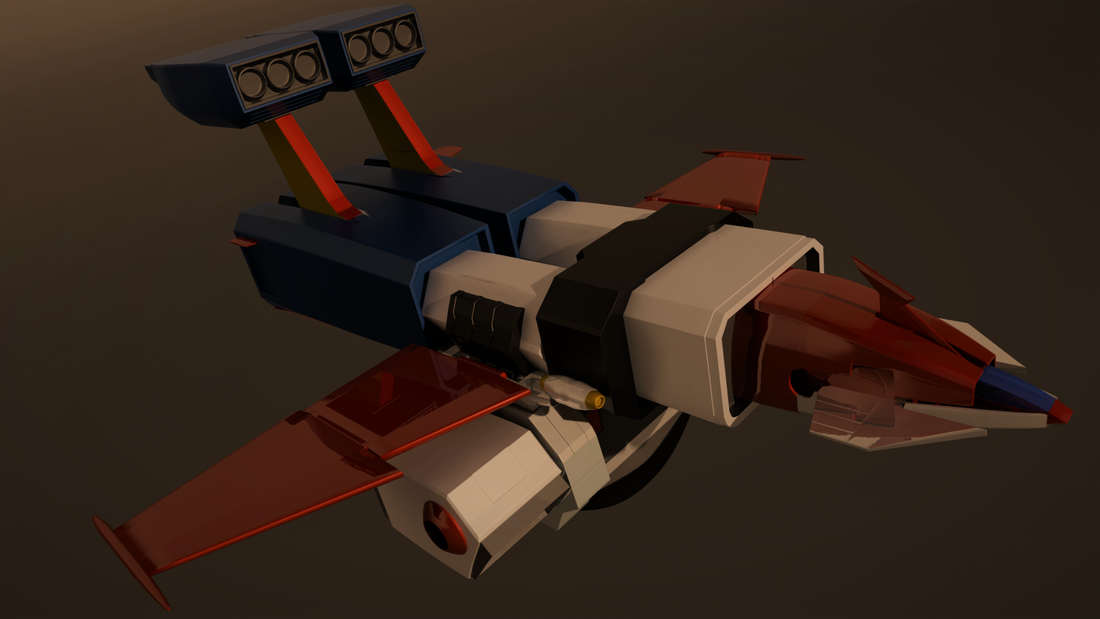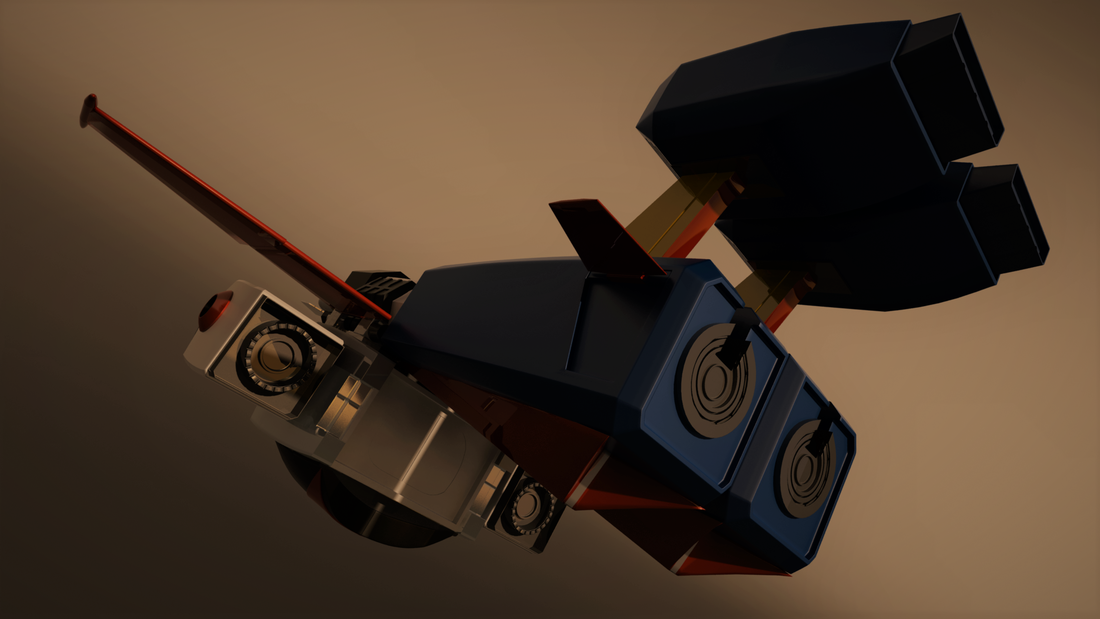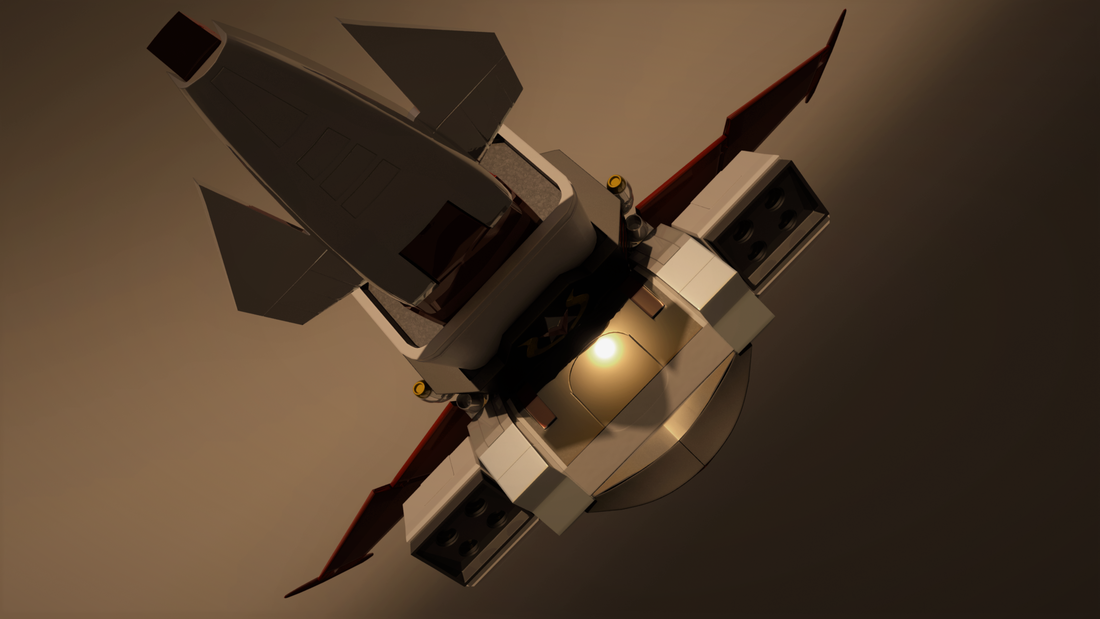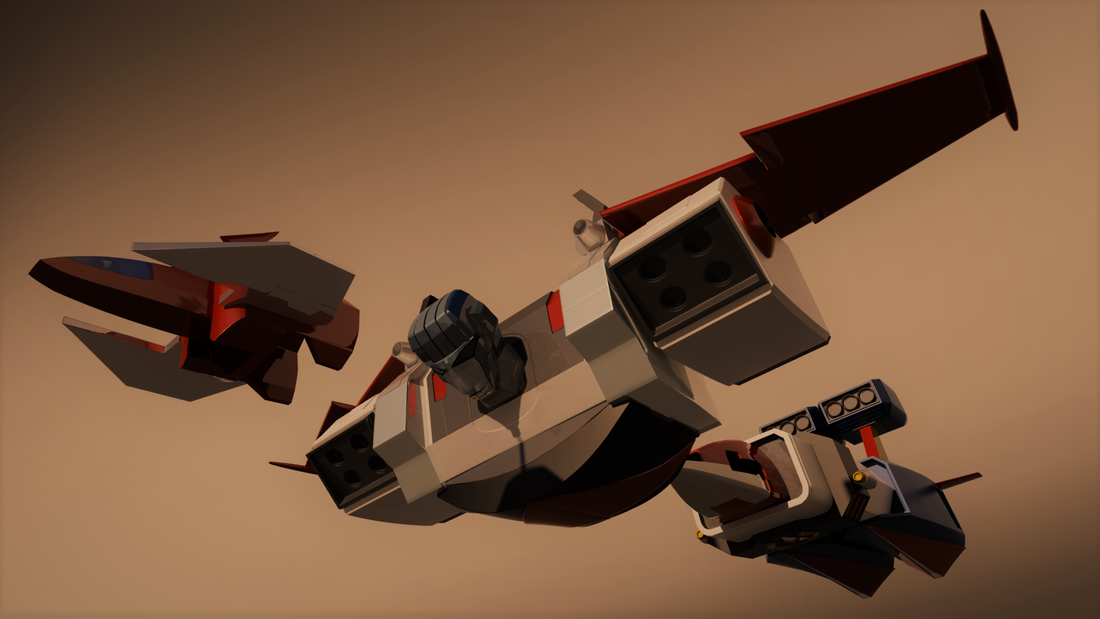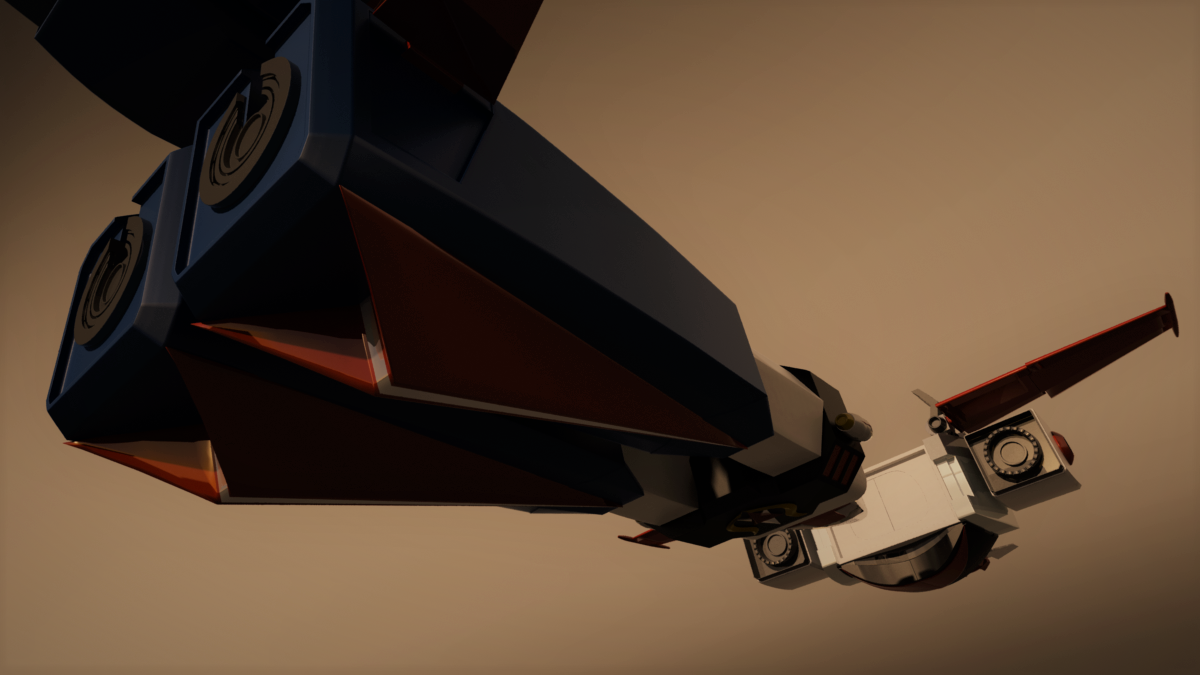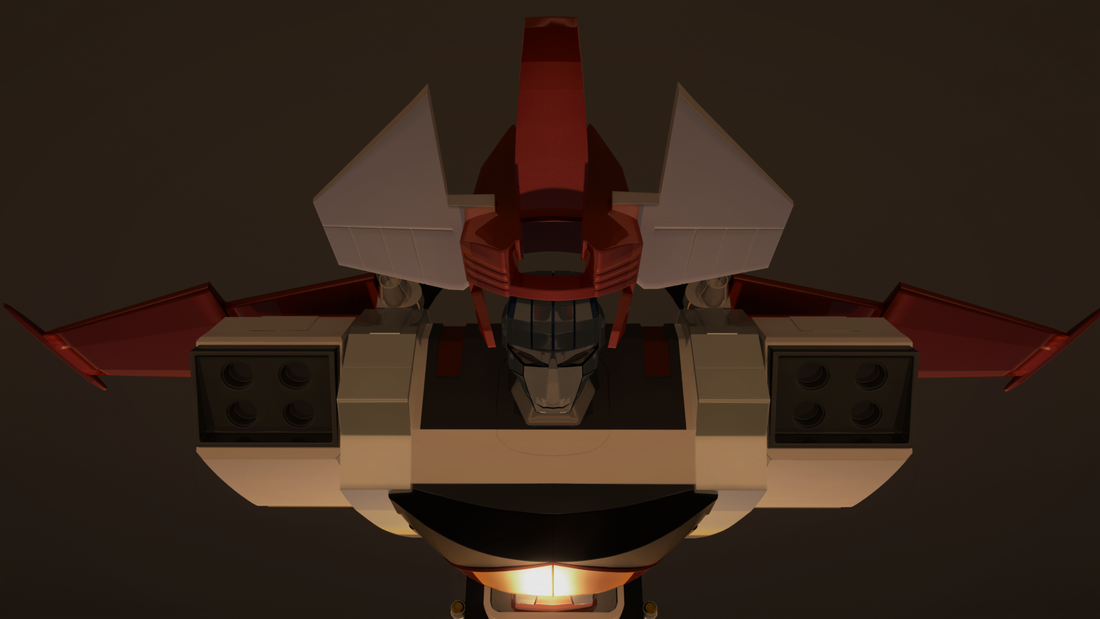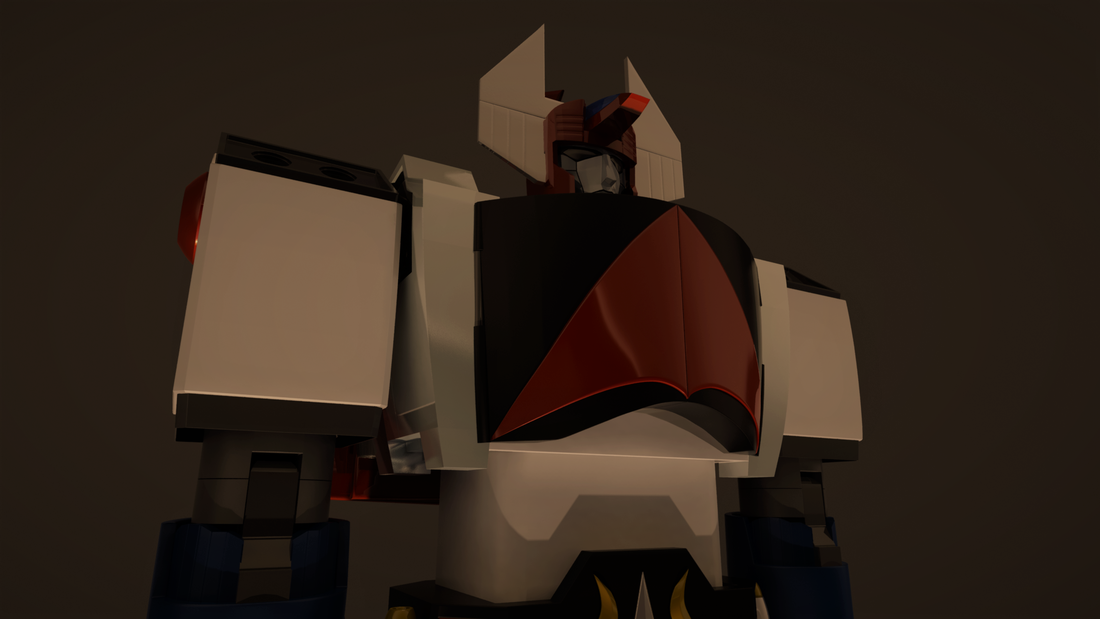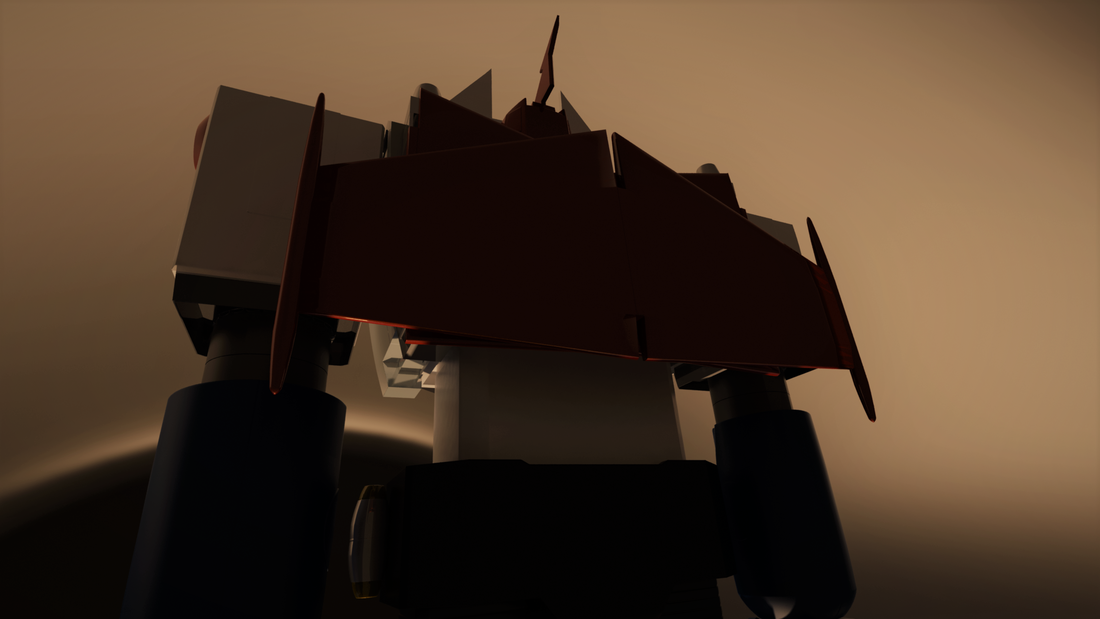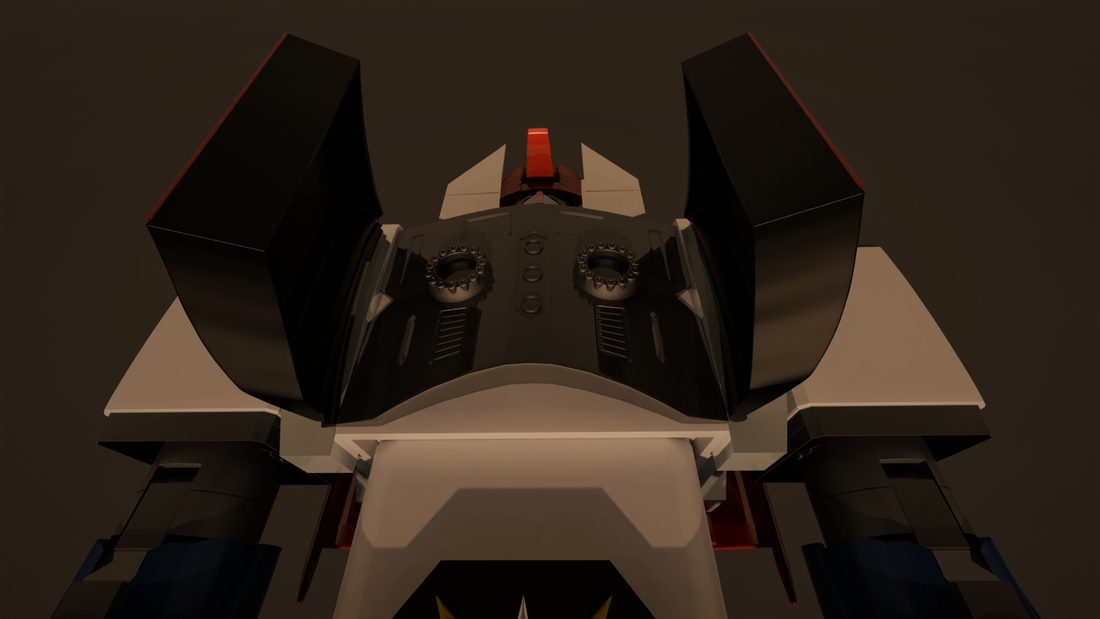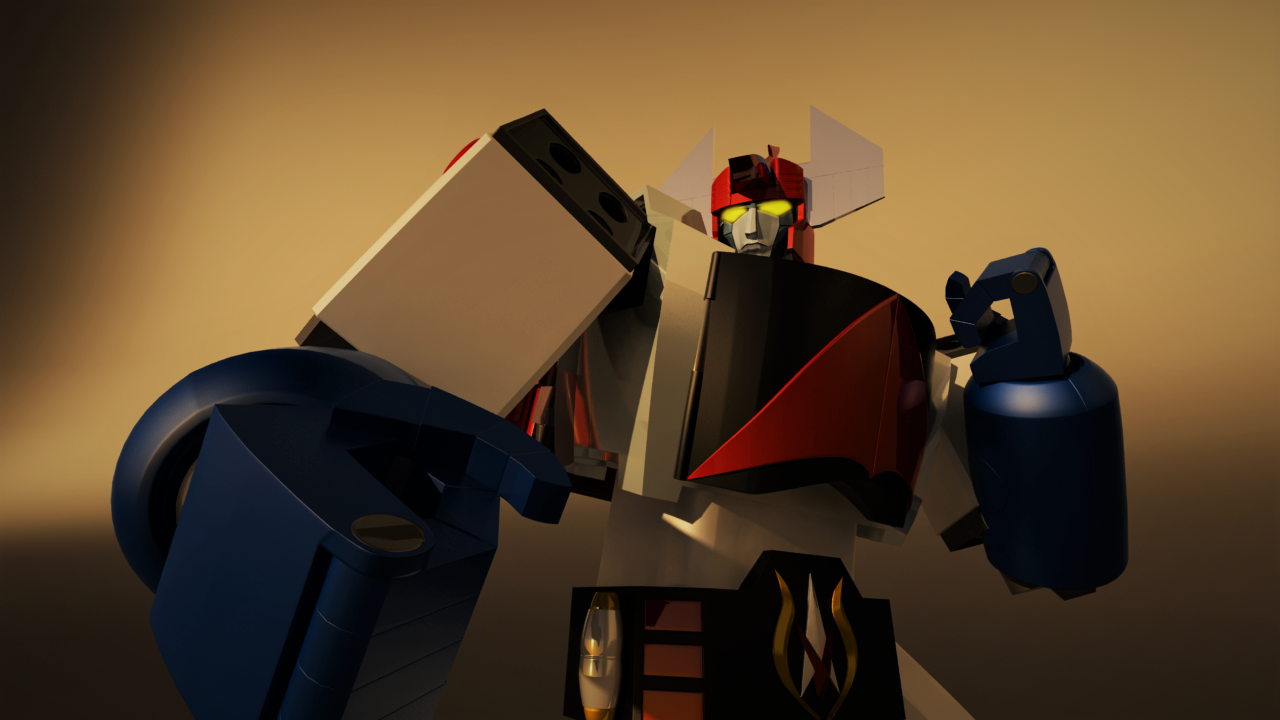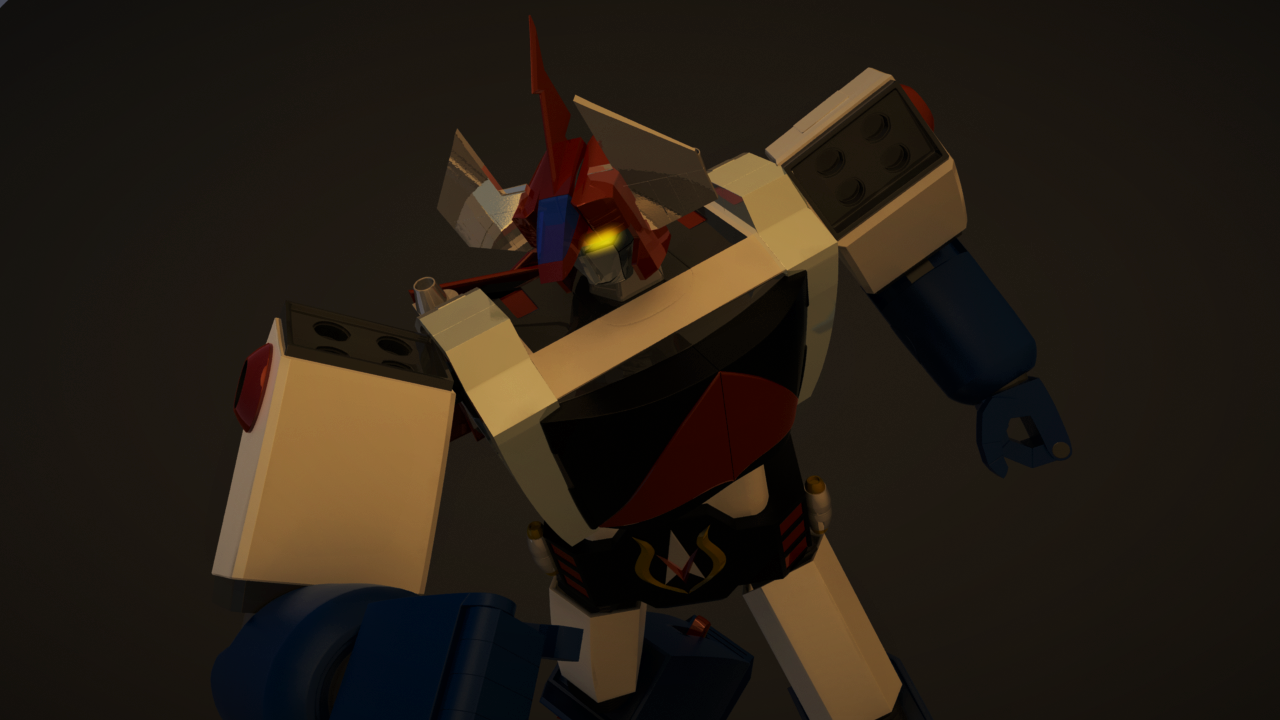|
Danguard (A Wakusei robo Danguard Ace?) è una serie televisiva anime, l'unica di genere mecha creata da Leiji Matsumoto, e prodotta dalla Toei Animation.
Composta da 56 episodi, fu realizzata nel 1977 e rappresenta l'inizio della collaborazione tra il maestro Matsumoto e la Toei, dopo la rottura con l'altrettanto famoso mangaka Go Nagai. I disegni della serie furono invece affidati a Shingo Araki. Danguard introduce e anticipa alcuni temi importanti del genere Real Robot che sarebbe nato poco dopo con Gundam, ovvero una vera continuity tra gli episodi e il conflitto civile tra esseri umani (senza l'utilizzo del topos dell'alieno invasore). Nello specifico, la storia vede protagonista gruppo di ricerca del dottor Oedo (Galax) che vuole raggiungere il decimo pianeta del sistema solare, chiamato Prometeo, le cui risorse naturali sono la chiave per la salvezza dell'umanità. Prometeo è però anche nelle mire espansioniste del ricco e malvagio scienziato Doppler che , a capo di una organizzazione paramilitare, vuole conquistare Prometeo per farne la patria di una nuova razza di Eletti. Doppler invia diversi mostri meccanici (i mechasatan) per distruggere la base Yasdam, il quartier generale di Oedo, e i suoi attacchi vengono respinti a fatica, finché la base Yasdam non decolla e inizia il suo viaggio verso il decimo pianeta in competizione con il Planester di Doppler. L'arma migliore a difesa della base Yasdam è il Satellizzatore, ovvero il Danguard, un robot trasformabile pilotato dal giovane Takuma Ichimonji (Arin). La storia ruota quindi anche intorno al rapporto conflittuale tra il capitano Dan, un misterioso uomo con una maschera di ferro fuggito dalla base di Doppler e rifugiatosi a Yasdam, e Takuma, del quale lo stesso Dan diventa istruttore. In realtà il Capitano Dan è Dantetsu Ichimonji (Cosmos), il padre di Takuma creduto morto dieci anni prima nel corso della prima "missione Prometeo", e invece imprigionato e schivizzato da Doppler che tra le altre cose lo condizionò mentalmente facendogli perdere la memoria. |
Danguard (A Wakusei robo Danguard Ace?) Is an anime television series, the only mecha series created by Leiji Matsumoto, and produced by Toei Animation.
Composed of 56 episodes, it was made in 1977 and represents the beginning of the collaboration between the master Matsumoto and Toei, after the break with the equally famous mangaka Go Nagai. The drawings of the series were instead entrusted to Shingo Araki. Danguard introduces and anticipates some important themes of the Real Robot genre that would be born shortly after with Gundam, or a true continuity between the episodes and the civil conflict between human beings (without the use of the invading alien topos). Specifically, the story sees the protagonist of the research group of Dr. Oedo (Galax) who wants to reach the tenth planet of the solar system, called Prometheus, whose natural resources are the key to the salvation of humanity. Prometheus, however, is also in the expansionist aims of the rich and evil scientist Doppler who, at the head of a paramilitary organization, wants to conquer Prometheus to make it the home of a new race of Chosen. Doppler sends several mechanical monsters (the mechasatan) to destroy the Yasdam base, Oedo's headquarters, and his attacks are barely repelled, until the Yasdam base takes off and begins his journey to the tenth planet in competition with the Planester Doppler. The best weapon in defense of the Yasdam base is the Satellizer, or the Danguard, a transformable robot piloted by the young Takuma Ichimonji (Arin). The story therefore also revolves around the conflictual relationship between Captain Dan, a mysterious man with an iron mask who escaped from the Doppler base and took refuge in Yasdam, and Takuma, of whom Dan himself becomes the instructor. In reality, Captain Dan is Dantetsu Ichimonji (Cosmos), Takuma's father believed to have died ten years earlier during the first "Prometheus mission", and instead imprisoned and dodged by Doppler who, among other things, mentally conditioned him making him lose his memory. |

